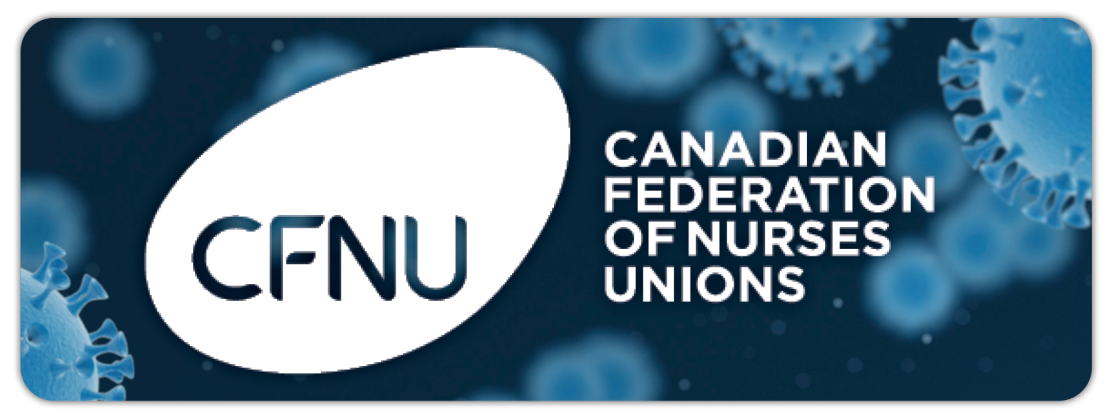The COVID-19 pandemic continues to present many challenges. We are still dealing with a highly transmissible virus that is responsible for the deaths of tens of thousands of Canadians and millions more around the globe. The virus has repeatedly put hospitals on the brink; on multiple occasions, resulting in the rationing of care.
The Nurses’ Union strongly advocated to have nurses and other healthcare employees at the front of the line to receive COVID-19 vaccination as soon as it was available. Thousands of our members eagerly took the vaccine to add yet another layer of protection for themselves and the vulnerable in their care. We are committed to advocating for those unable to receive the vaccine and committed to educate those who may still be vaccine hesitant.
Since the start of the pandemic, the Nova Scotia Nurses’ Union has advocated for all to follow the advice of public health experts. Regarding mandatory vaccination policies, we believe a consistent approach for the health sector is preferable to individual employers making determinations outside of their realm of expertise.

 Login Members Only
Login Members Only



